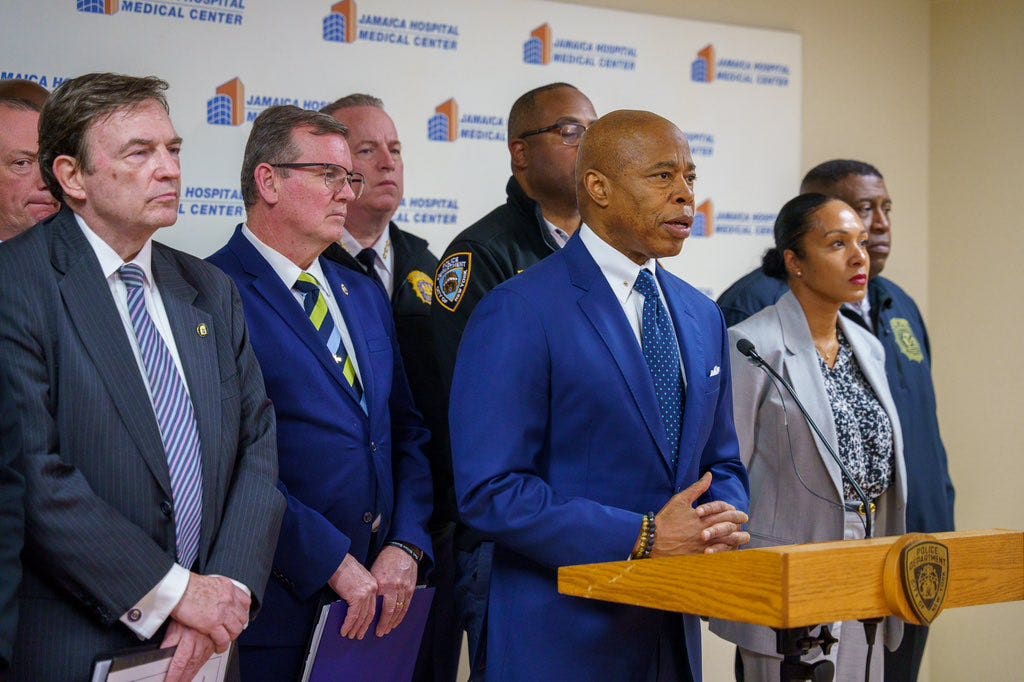Summary:
US cities are facing labor shortages and are turning to migrants to fill the gap.
Programs are being implemented to connect companies with migrants seeking employment.
These initiatives benefit businesses by addressing staffing shortages and offer migrants a path to economic stability.
Cities are investing in programs to train migrants in language and job skills to ensure their readiness for the workforce.
The issue of employing migrants is a complex one with political and social implications, with some concerns about job displacement for American citizens.
US Cities Turn to Migrants to Fill Labor Shortages
As businesses across the country struggle to find workers, US cities are turning to a new source of labor: migrants. From New York to Denver, programs are being implemented to connect companies in need of employees with migrants seeking work.
Bridging the Gap: A Win-Win Solution?
These initiatives are seen as a win-win for both businesses and migrants. For employers facing staffing shortages, particularly in industries like hospitality and construction, migrants offer a much-needed solution. For migrants, who often arrive in the US with limited resources and seeking a fresh start, these programs provide a path to economic stability and self-sufficiency.
Mark Berzins, owner of 17 bars and restaurants in Denver, is one example of a business owner who has embraced this approach. He's actively hiring asylum seekers through a city program, offering jobs to those who have obtained federal work permits. Berzins recognizes the growing need for workers in his industry, stating that “almost all of these kitchens around Denver are chronically understaffed.”
A Lifeline for Migrants, Relief for Cities
These programs are also seen as a relief for cities and states that are struggling to handle the influx of migrants. By helping migrants secure employment, the financial burden on cities for providing aid and shelter is reduced. Cities are investing in programs that provide language and job skills training, ensuring that migrants are prepared for the workforce.
Political Tensions and Public Perception
Despite the potential benefits, the issue of employing migrants is not without its political and social challenges. Some argue that hiring migrants takes jobs away from American citizens, while others see it as a necessary solution to address labor shortages. The ongoing debate surrounding immigration policy adds another layer of complexity to these efforts.
The Future of Migrant Employment
While the current programs are still in their early stages, they offer a glimpse into the future of labor recruitment in the US. As the demand for workers continues to grow, cities are likely to increasingly rely on migrants to fill the gaps. These initiatives present a unique opportunity for both businesses and migrants to contribute to the US economy, while also addressing the challenges of an increasingly tight labor market.










Comments
Join Our Community
Create an account to share your thoughts, engage with others, and be part of our growing community.